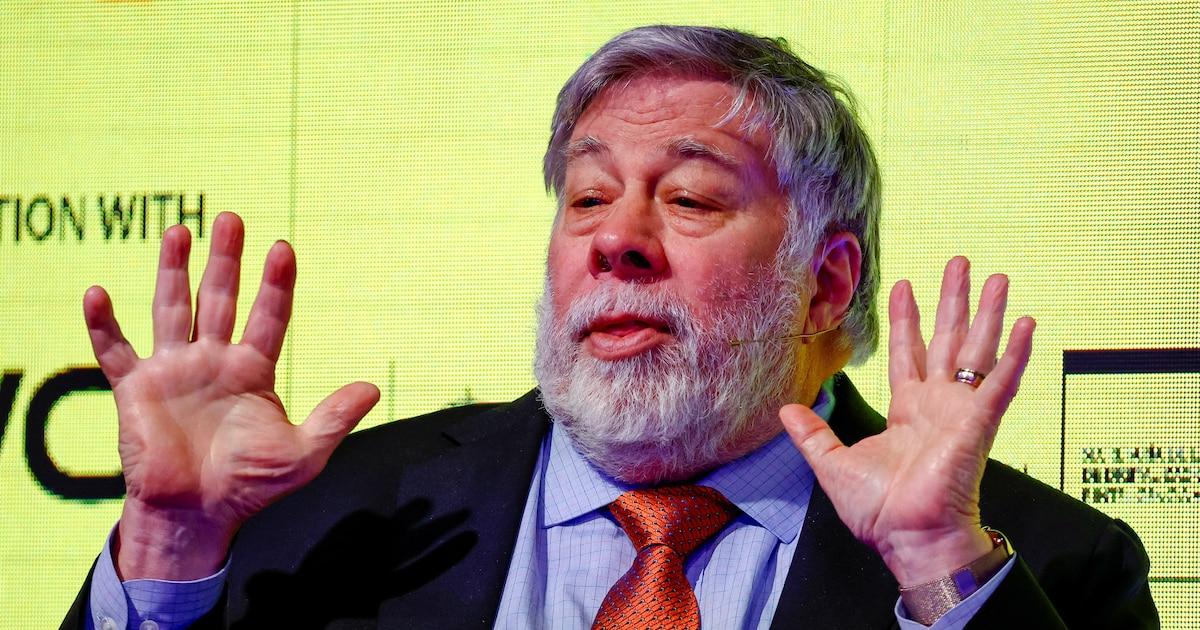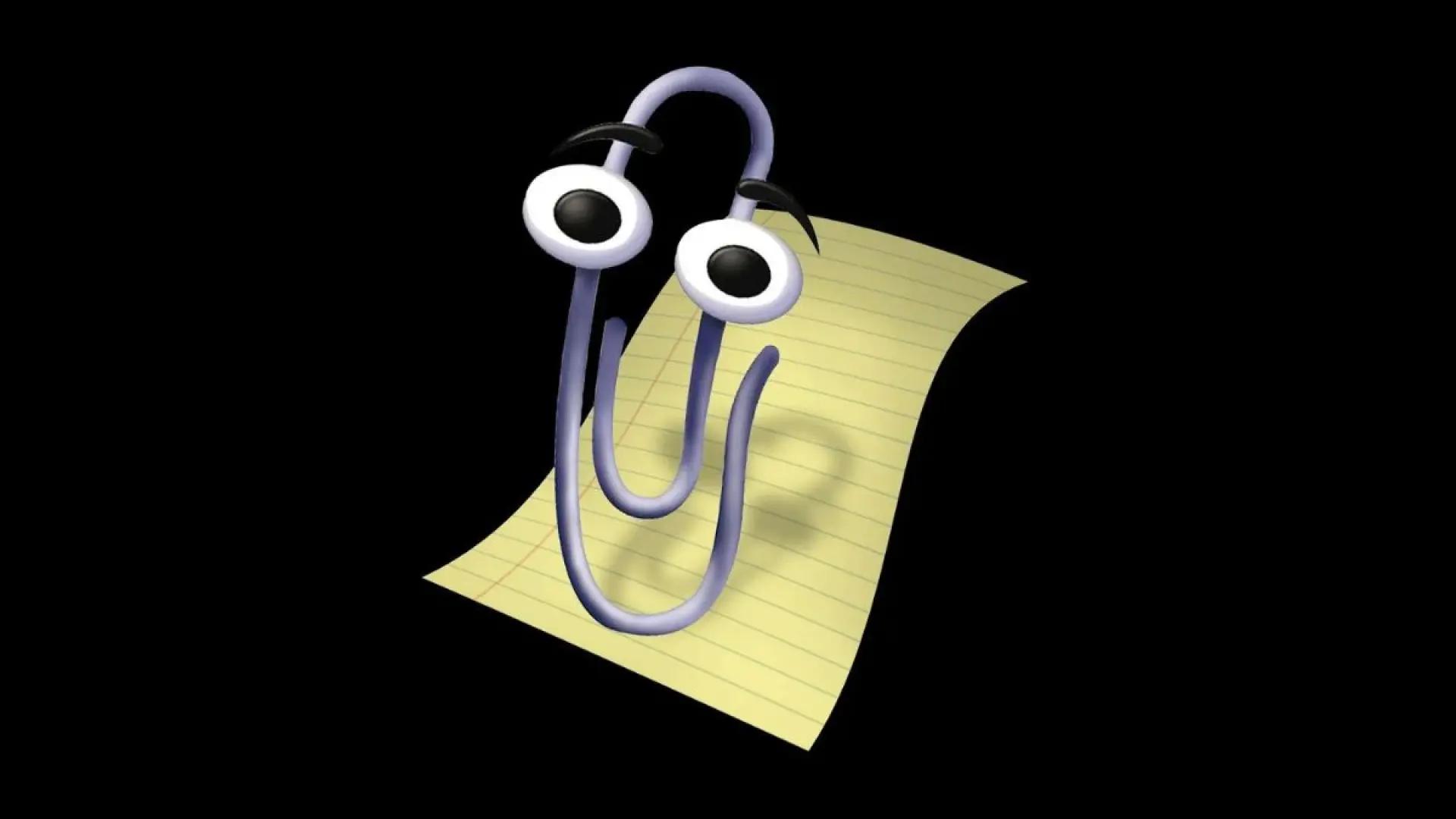The future of the living room prepares a project related to the Duke and Duchess of Sussex, Harry and Meghan will also be involved.
Some of the most influential figures in technology, science and politics have signed an open letter calling for an end to the development of super-AI.
The initiative, coordinated by the Future of Life Institute (FLI), has among its signatories Steve Wozniak, co-founder of Apple, and Elon Musk, founder of Tesla and SpaceX, as well as a wide range of experts in artificial intelligence, Nobel laureates and personalities with ideas from conservatives to progressives and religious leaders.
What the letter calls for to stop the AI
What sets this request apart from other previous initiatives is the level of urgency and finality of the measures required.The signatories are calling for an immediate and complete ban on the development of artificial superintelligence systems, a term that refers to hypothetical machines capable of surpassing humans in all cognitive abilities.
"In fact, it should be banned until scientific consensus on its safety and public support is secured."Not just a temporary hiatus, but the technology should not be prioritized until society confirms that it does not pose a threat to society.
The entrepreneurs demand that the development of artificial intelligence is carried out under transparent supervision, supported by democratic and open procedures, so that it is not limited to the decision of a handful of technology companies with special interests.
The speech emphasizes the need to establish cooperation and public policy against the future of large companies, which currently participate with the competition to obtain artificial intelligence (Agun).
What issues motivate this request?
The main concern is the real possibility of losing control of increasingly autonomous machines."Should we risk losing control of our civilization?" says a letter published by the Future of Life Institute.
Experts warn that the speed of AI without clear standards, in addition to its potential, it cannot be predicted by humanity, it may lead to unpredictable or even harmful results. These technologies can also be used to deceive, manipulate or amplify negative effects.
According to an Interitute Futures survey conducted between September and 2025, 64% of adults can't be safe and reliable that the government can't abuse AI.
Gallup's figures point in the same direction: 80% of respondents support the need to maintain strict security rules and data, even if it slows down the progress of technology.Only 9% of American adults would support accelerating the progress of artificial intelligence, even if it means relaxing safety standards.
The rejection of unrestricted development is overwhelming, with 88% of Democrats, 79% of Republicans and a majority of people in favor of security regulations.
FLI, in the voice of its director Anthony Aguirre, emphasizes that this is not only a technical problem, but also a democratic one.
The signatories of this letter
The signing of the letter unites scientists such as Geoffrey Hinton, obhuart Russell, political writers, but also companies and the world.
Among the more than 800 participants are entrepreneur Richard Branson, the Duke and Duchess of Sussex, Harry and Meghan, former adviser to Donald Trump Steve Bannon, former US ambassador to the UN Susan Rice and papal adviser Paolo Benanti.Five Nobel Prize winners and cultural celebrities such as Stephen Fry lend their support, forming an unusual front on technological issues.
It highlights the cross-cutting involvement of usually ideologically distant figures, from progressive leaders to conservatives and religious leaders, emphasizing that concern about artificial intelligence is an issue that crosses political and cultural boundaries.








